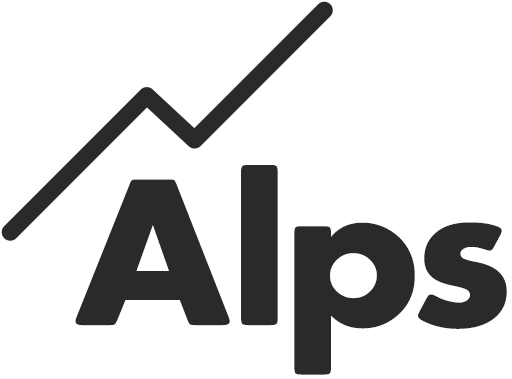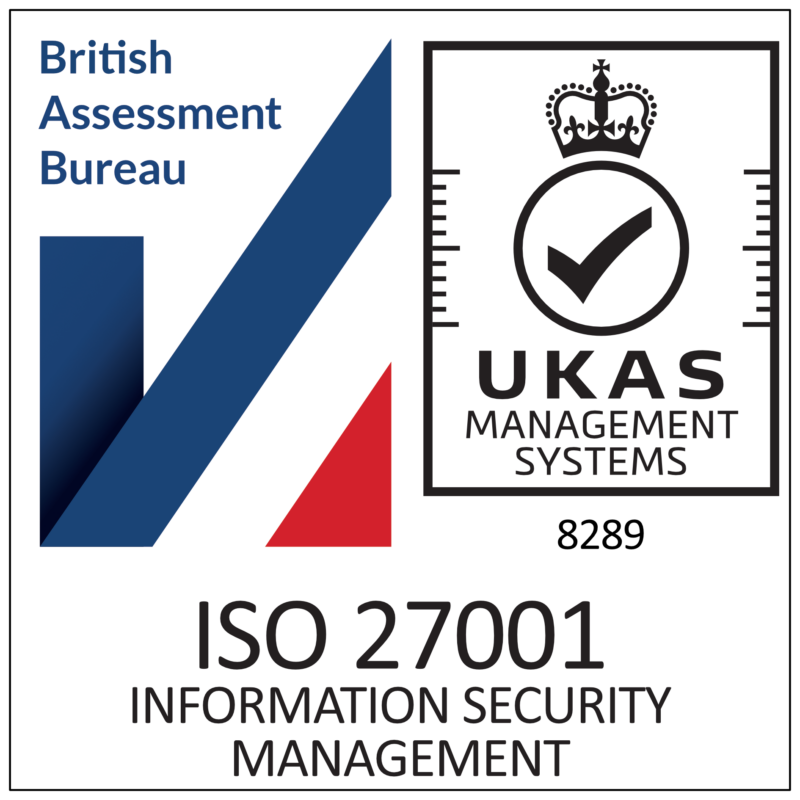Year 12 Minimum Expected Grades 2020 – England
This article is for the English curriculum. If you follow the Welsh curriculum please click here.
Following the cancellation of the 2020 examinations and the necessary use of teacher assessed grades to award examination grades, we know that the GCSE grades awarded this summer for current Year 12 students are on average higher than in previous years. We have carried out research on what impact this might have on setting targets for current Year 12 students – is there a danger that the targets are too high? What has been the actual shift and how should teachers approach this?
The Alps Philosophy – The importance of target setting
The ethos of the Alps culture in schools and colleges begins each September by encouraging staff to be aspirational in their student target setting. A robust target setting policy is key to ensuring that teachers and students know and achieve their potential.
Alps enables schools and colleges to set aspirational Minimum Expected Grades (MEGs) by using national data sets to generate MEGs that reflect progress made by students in the top 25% of schools and colleges.
Traditionally these MEGs are updated on an annual basis following the release of the national data sets by the DfE. However, due to the Covid-19 pandemic and the subsequent use of centre assessment grades for the 2019-2020 cohort of students in Year 11 and Year 13, we felt it was important to evaluate the Alps methodology for setting MEGs for the current Year 12 students.
The context – A rise in GCSE outcomes
During the first few weeks of the Autumn term we invited schools across England to submit the average GCSE score for their new Year 12 students as part of our research into the nature of the prior attainment of the current students compared to those in the previous two years.
The analysis we have carried out of over 200,000 students’ average GCSE scores has confirmed that the average GCSE score for the current Year 12 cohort is higher than in previous years, which reflects the information recently published by JCQ (see Ref.1). This will be no surprise to you.
However, our analysis also mirrors the conclusion of the JCQ data sets that the overall shift in percentage per grades awarded in 2020 compared to 2019 is less pronounced than might be anticipated.
The Alps comparison of the average GCSE scores for the current Year 12 cohort compared with the 2019 Year 13 cohort is shown in graphs 1 and 2 below. The data sets we have used are slightly different to the JCQ data, as ours include only those GCSE students who have gone on to study at post-16 level. The Year 12 analysis is based on data submitted to Alps over the past few weeks.


Although the graphs show a shift upwards, the proportion of students in each prior attainment band for current Year 12 is very similar to those in the national data for 2019. In this context it is also important to note that matched provider analysis indicates that whilst the majority of providers’ average GCSE score increased, approximately 25% of providers average GCSE score decreased from Year 13 2019 to Year 12 2020. There is no one-size fits all trend for all schools and colleges.
Target grade reminders
When considering the process of setting MEGs, it is important that we recognise that all schools and colleges will have used their best endeavours to employ a robust process in generating their centre assessed grades. The starting point must therefore be that the grades awarded are a reflection of the true potential of each current Y12 student.
The average increase across the bands equates to approximately a third of a grade increase per student. Following on from this, there will be less impact on the resulting MEGs by student than you may think. When we look at the Alps MEGs it is worth remembering that a slightly higher average GCSE score may not even necessarily mean a higher MEG. Our current Alps 2020 A Level MEG table shows that there are four pairs of Alps bands with the same MEG.

Should we adjust our MEGs for Year 12?
Based on our analysis, one option would be to reflect the higher outcomes by adjusting our bands or MEGs for Year 12 students, resulting in slightly lowering expectations for all students compared to students of the same prior attainment in previous years. Although these modifications would be relatively minor in terms of the prior attainment bands employed, it would lead to a significant number of students across the country with lower MEGs than in previous years. Our analysis shows us that, whilst there is an argument that a lowered MEG may be more realistic for some students who may have disproportionately benefited from the CAG process, this will result in many students being given MEGs that underestimate their potential.
Our conclusion is that, considering the slight overall increases in performance by band, there are inherent dangers in applying a national adjustment factor to our MEG banding. An adjustment would inevitably disadvantage many students unintentionally, repeating the issues faced by OFQUAL when attempting to standardise the CAGs.
Conclusion – Dealing with target setting for Year 12
Our analysis of students that have started their level 3 courses this September confirms that their average outcomes are slightly higher than the same students by prior attainment in previous years, and the average increase is approximately a third of a grade per student.
As examination performance is at student level, and it is not possible to determine student by student where the increase in awarded grade really sits, we believe that adjusting the bands for all students would be too blunt a tool, disadvantaging too many.
Our data shows that the actual increases in terms of MEGs on average is not significant per student, but when aggregated it will look more significant at school or college level.
Given that the core principle of Alps is one of aspiration and challenge for students we feel that the best approach in these challenging circumstances is to retain the MEG methodology and targets for Year 12 students.
Practically, for each school, college and for each teacher, it will continue to be crucial that you assess and track student progress across this term and year.
We would recommend that you look at your awarded grades this year against your previous GCSE Alps 3-year trend, to gauge if there are subjects that have seen greater improvements than expected in your own school or college. You can use this to objectively review whether for some subjects (and therefore students) you need to recognise that the Alps MEGs may need to be adjusted or the students may require additional support.
It will be important that staff understand that when aggregated, the impact of the higher MEGs on subject grading will be starker.
You may find when monitoring this year that you have fewer subjects in the red and potentially more subjects in the blue than in previous years, for your current Year 12 cohort. However, if senior leaders and teachers understand the context, you can still use the valuable thermometer tools to ascertain your relative starting points and identify your areas for improvement. It might be that you start a little lower down the thermometer for this unique Year 12 cohort – but that is OK, as you can still track progress relative to this.
In this context it will be incumbent on leadership teams to use the data in a supportive and ‘relative’ way that supports staff and students to reach to their potential.
If you have any queries at all, we would be delighted to hear from you.
Need more information?
If you would like any further information, please contact one of our expert advisers.

